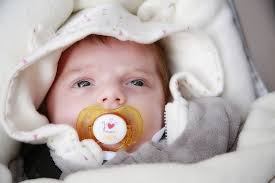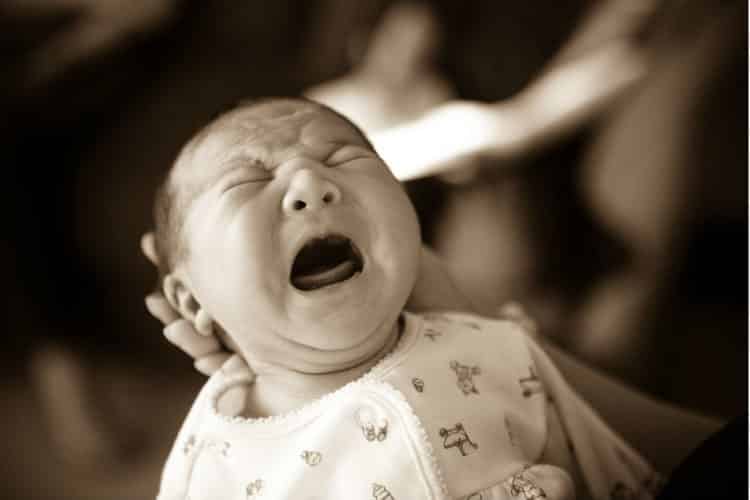Hello parents!
Today we are going to talk about baby “poop”, frequency, consistency, etc., to better understand and identify constipation.
In this entry :
- What is constipation?
- Changes in stool as babies develop
- Symptoms of a real constipation problem in newborns
- How to help a constipated baby?
When we want to evaluate possible constipation, always consider:
- The age of the person;
- The ability to control their sphincters;
- Their diet.
Additionally, even if the constipation has an organic source (lesion or other problems), more often than not it is a functional problem.
Constipation is an intestinal transit problem that rarely affects young babies, and it occurs more often after 6 months of life. However, I often hear parents wrongly assume that their baby is constipated because they don’t pass stool every day. I strongly advise you to continue reading this educational entry to better understand how to recognise constipation in your newborn and help their situation.
What is constipation?
It seems like an easy question, but many people poorly interpret constipation problems.
Here is a general definition:
 “Constipation is a difficulty in evacuating stool that is often less abundant and harder than expected – less than three bowel movements a week. Frequently constipation is short term. When it lasts more than 6 months, this is known as chronic constipation.”
“Constipation is a difficulty in evacuating stool that is often less abundant and harder than expected – less than three bowel movements a week. Frequently constipation is short term. When it lasts more than 6 months, this is known as chronic constipation.”
To better understand what constipation is for a newborn, it is not the frequency of their stool that determines if a baby is constipated or not, but rather the consistency of the stool. If a baby passes stool every three days, but their stool is soft or pasty, your baby is not constipated. However, if they have difficulty passing stool that is hard and dry (small hard balls) after 2 days, they are constipated. Do you see the difference?
To deepen your understanding on this topic, read the next entry Changes in Stool as Babies Develop.


